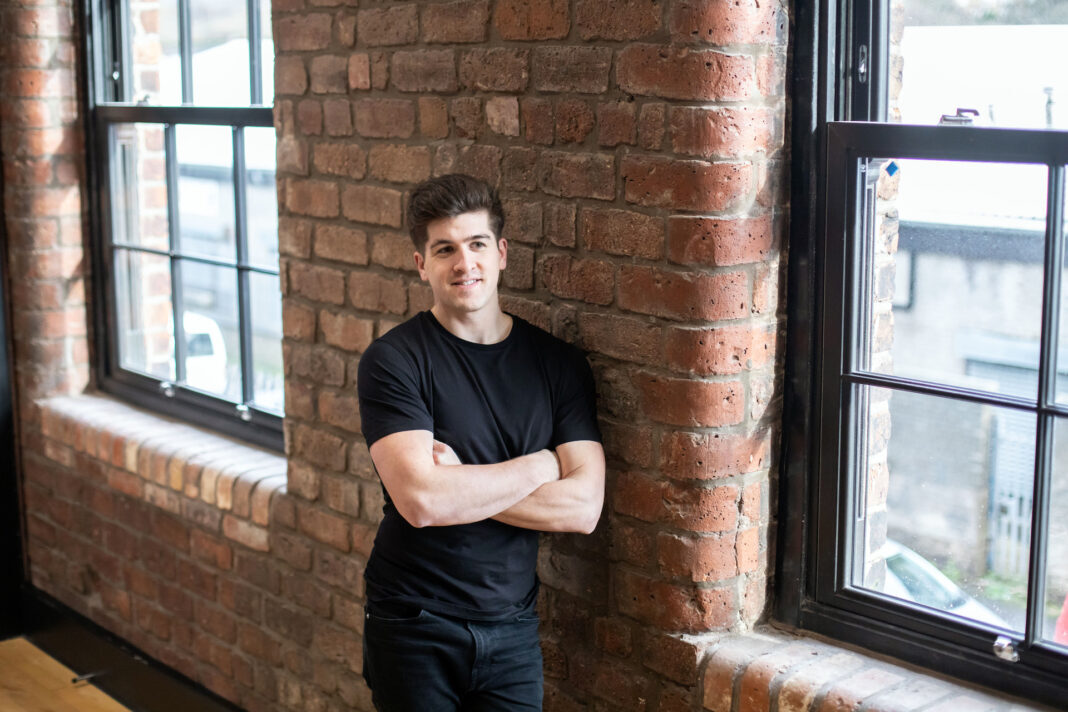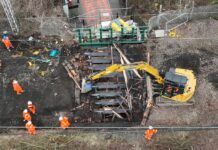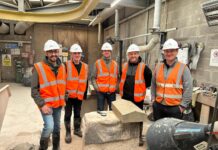
A Glasgow-based residential architecture start-up has announced plans to begin a UK expansion after securing ‘significant’ investment.
The total £400,000 raised has been described as allowing HOKO to begin a major recruitment drive.
A group of investors, led by Warren Gee, the chief portfolio officer at private equity firm Cairngorm Capital, Barclay Gilmour’s Donald Wilson and executive director of equity investment business Saracen Fund managers, Graham Campbell, have backed the business to transform the industry with a platform which has been labelled as ‘the Uber for architecture’.
HOKO is preparing to employ more than 30 people across the UK by the end of the year. Founder Danny Campbell aims for HOKO to be listed on the AJ100 by 2022, which would mean turnover of more than £4 million and more than 30 architects employed.
He said, “This investment will accelerate our ability to scale across the UK. I now have a team of experienced businesspeople behind me, who can help guide me on this exciting journey. As an architect, I was incredibly frustrated by residential architecture being an afterthought throughout education, while the customer journey for anyone wishing to extend or convert their home is confusing, inefficient and extremely unfulfilling.
“There’s beauty in small projects. We work with homeowners to make their dreams a reality with creative architecture and trusted relationships. Our platform makes it easier for architects to spend their time on delivering amazing designs rather than admin, making it more cost-effective for clients and more fulfilling for everyone involved. Our entire process and ethos is built around making homeowners happier in their homes.”
HOKO said investors were attracted to the ‘unique’ process, which makes it easier for homeowners to embark on an extension or conversion thanks to a ‘seamless’ journey from design to build, beginning with an immediate quote including all associated fees produced by an initial free online consultation.
With live project updates and drawings online, and by using virtual reality, homeowners can see their final project virtually before building begins.








